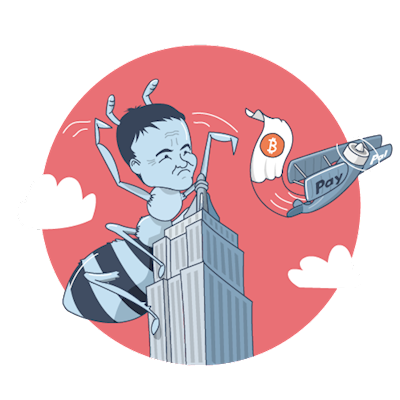You are using an outdated browser. Please upgrade your browser to improve your experience.
Article | 06 November 2020 |

-2.8%S&P 500 |
-7.4%EURO STOXX 50 |
-2.3%NASDAQ |
-4.5%SET 50 |
-1.7%STI |
5.3%JCI |
2.8%HSI |
7.8%PSEI |
-2.8%TOPIX |
| Source: Bloomberg 31.10.2020 |

The IMF (International Monetary Fund) recommended that developed economy governments should spend their way out of the global pandemic recession. Fiscal packages should be maintained, boosting economies via investment to support businesses and workers. And how should these huge sums be financed? Government borrowing naturally. The IMF stresses that, with interest rates currently at record lows, borrowing is cheap. It is also readily available. The first tranche of the European Commission’s €100 billion ($118 billion) ‘social bond’, explicitly intended to protect jobs in the region, was 13 times oversubscribed.

NextEra, world leader in solar and wind power generation, has topped the market value of Exxon Mobil. The US oil giant was at one time the biggest company in the world, but its share price has fallen 50% this year alone. The switch illustrates the tough times felt by fossil fuel companies, as prices and demand have collapsed due to Covid-19. As well as the global push towards renewable clean energy sources. Presidential candidate Joe Biden promised $2 trillion investment in green energy. While China has pledged carbon neutrality by 2060.

Ant Group, the online payments arm of Alibaba, had the biggest IPO in history all lined up. The company was set to raise over $30bn, before the Shanghai stock exchange postponed the listing. Demand for the shares had been intense. So much so that it risked briefly destabilising trading in the Hong Kong dollar, as there was due to be a dual listing in Hong Kong. Meanwhile, US counterpart PayPal has taken a step towards the world of digital currencies, with a licence to support payments in bitcoin.